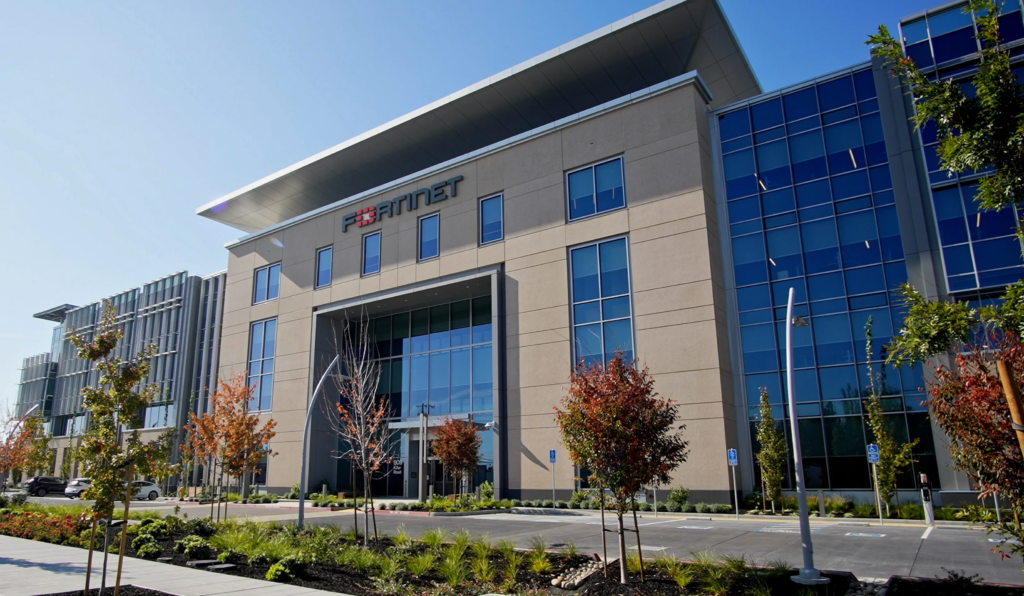
Canada is clinging to a nationwide cybersecurity dearth, with one in six roles sitting unfilled—to the tune of 25,000 total empty positions.
Meanwhile, the global cybersecurity industry is expected to grow to US$270 billion in 2026—up from $170B in 2020—according to data from CBRE’s “Cybersecurity: Global Talent Spotlight.”
This will require a “corresponding increase in hiring that will be difficult to achieve in this already hyper-competitive talent market,” the report suggests.
Recognizing the situation, a San Francisco-based cybersecurity giant operating at the convergence of networking and security is bringing a free education curriculum to schools in Canada to fill tomorrow’s pipeline of tech talent.
Sunnyvale’s Fortinet announced recently that its Security Awareness Curriculum is now available in English and French at no cost to K-12 schools across Canada.
The move is part of Fortinet’s initiative to close Canada’s cyber skills gap, keep students cyber-safe, and foster cyber awareness, according to Rob Rashotte, who serves Fortinet as vice president of training operations.
“Fortinet is pleased to make its K-12 curriculum available to primary and secondary schools across Canada to better help protect educational institutions that are susceptible to cyberattacks,” stated Rashotte.
The Student Awareness Curriculum was first announced for schools in the United States and is tied to the White House’s Cyber Education and Workforce Strategy.
Fortinet hopes to reach up to 69 million K-12 students globally through its cybersecurity curriculum.
“By educating students on the importance of digital safety and best practices in the classroom, we want to help develop more cyber aware individuals from a young age so they can keep themselves and their connected networks safe,” Rashotte said.
The Security Awareness Curriculum was developed by former educators and reviewed by current teachers to bring engaging and age-appropriate cybersecurity curriculum to students everywhere, according to Fortinet.
The curriculum incorporates core competencies, including creativity, critical thinking, computational thinking, communication, and collaboration. It is divided into levels based on age, starting at age four.
The education initiative is a solid move, but it’s hardly Fortinet’s first play north of the border.
Last month, Fortinet invested $30M toward Canada’s cybersecurity sector.
With support from Invest Alberta and Calgary Economic Development, as well as a grant from the Government of Alberta, Fortinet intends to expand into Calgary’s downtown, where the company plans to establish a cutting-edge cybersecurity tech hub and create new jobs in Alberta’s tech sector.
The Government of Alberta’s Innovation and Growth Fund will contribute over $3 million towards Fortinet’s expansion, which includes a data centre, cybersecurity training facility, and centre of excellence.
“Fortinet’s expansion in Calgary is evidence that global companies have the ideal environment here to grow and scale,” Brad Parry, CEO of Calgary Economic Development, stated in March. “With the city’s rapidly growing tech talent workforce, and businesses embracing digital transformation, Fortinet’s investment continues the momentum we’re seeing across sectors in Calgary.”
Fortinet, whose cybersecurity portfolio comprises over 50 enterprise-grade products, serves more than half a million customers.
